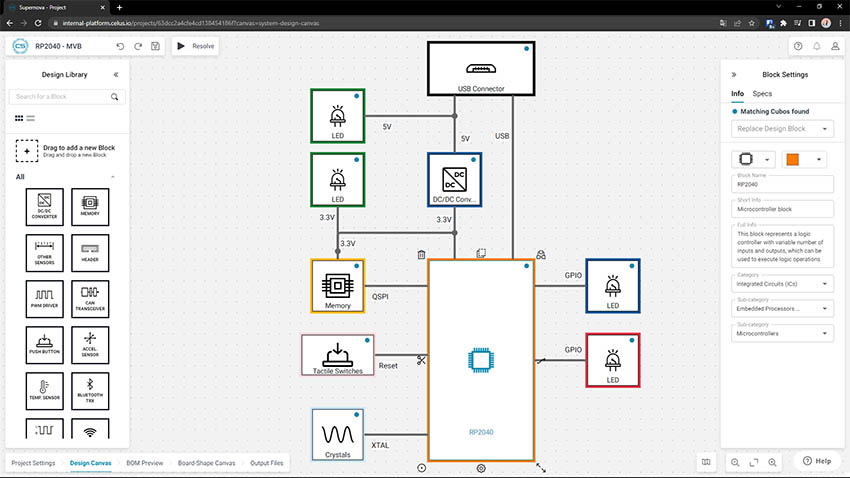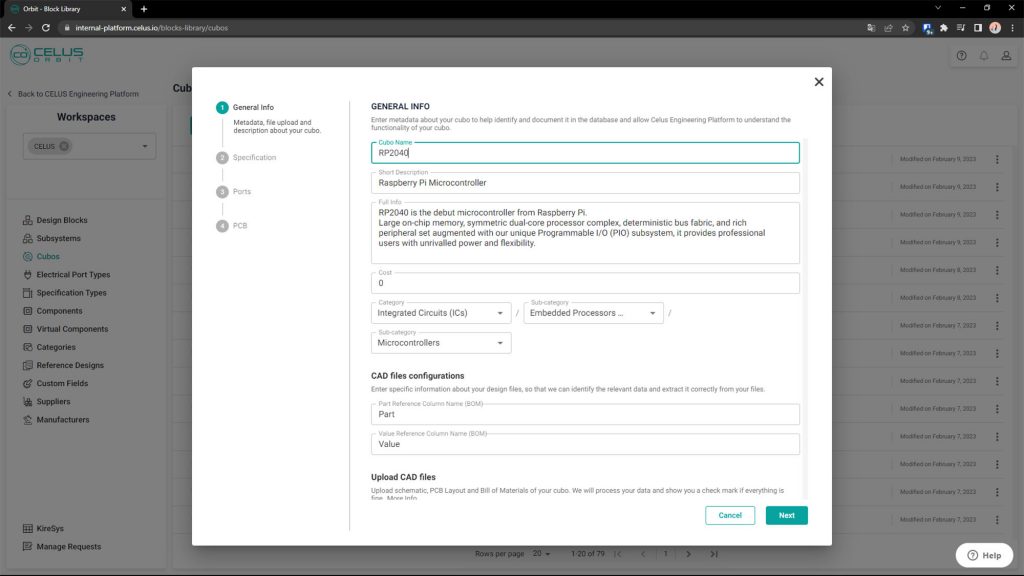“Papers and patents are becoming less disruptive over time” – the title talks for itself. It is a scientific paper published in January 2023. It states that even though the increase of scientific and technological knowledge has never been so fast, offering an ideal environment for progress, disruptive ideas, and innovation, the contrary is the case. The paper’s researchers found a tendency for science and technology not to be breaking new ground, even concluding that this might be the “new normal”. Considering the groundbreaking developments in the field of Artificial Intelligence (AI), this could come as a surprise. One major development, such as AI, can still turn the industry upside down, despite the numbers of different innovations decreasing in recent years.
Advancing Technology changing the world
Artificial Intelligence is a megatrend questioning our cultural understanding of human interaction, intelligence, and required skills in the global market. Machine-created texts are getting indistinguishable from human-written ones, IQ tests as a classic measurement tool of intelligence don’t work anymore and jobs are becoming obsolete. Such disruptive technologies awake insecurity and even fear in many people. “As overarching as this trend is, many problems can be solved by making use of AI”, states CELUS CEO Tobias Pohl. “The CELUS Engineering Platform, for instance, uses AI-based algorithms to help to solve some of the most pressing problems in the electronics industry. We believe that automation should not take something away but should give the opportunity to free up time to add more value to people’s work.” AI must therefore be considered when it comes to solving complex problems and modern challenges.

Navigating the complexities of a rapidly changing world
You, me, your colleague next to you, and the one in front of you – everyone is facing modern challenges. The 2020 years are already characterized by “once in a lifetime” events, such as the COVID 19 pandemic, extreme weather, economic instability, or technical improvements like the rise of AI. This can be felt in many facets of private and professional life.
Electronics engineers, for example, are struggling with some ongoing industry trends. Pohl summarizes: “Electronics engineers have to finish designs much faster due to a chronic lack of development time, while the complexity of PCBs is constantly increasing. How should that work in the future?” The need for increasingly complex Printed Circuit Boards (PCBs) is due to several factors, such as technological advancements, more desired functionalities, special design requirements, and miniaturization. More and more functions are being fitted into ever smaller devices, which results in a requirement for smaller boards. It is safe to assume that these developments will continue to intensify.
The only possible conclusion: A major change has to happen, and innovation is needed to continue the upward trend of complexity. At some point, an upward trend needs disruptive ideas and technologies to continue on a new level.

Overcoming time and skill shortages
In combination with increasing complexity, time shortage is an even more critical factor in the electronics industry. This is a global problem. Hiring skilled workers in high-tech remains one of the top challenges for the next few years. In the high-tech field, solutions like reskilling are often not possible due to the required specialization. In the short term, this is a recruiting challenge that many companies can tackle by offering benefits. But for the long-term and the whole industry, the lack of skilled workers will become a less fixable problem.
“We need innovative ideas and to include technological developments into our thinking, like automation, and we have to start now”, says Pohl. Future-readiness is the magical term. It is out of the question that machines can do certain tasks better than humans, but other things will still need human creativity and originality. Being aware of the possibilities and boundaries of AI is one step to preparedness. Taking away tedious tasks from highly qualified engineers allows them to invest their time elsewhere and deal with the increasing complexity.
Innovation through function-based engineering
Innovation requires new ways of thinking which haven’t existed until now. “Challenging the status quo for me is the foundation of innovation. Better options are only found when you are open to see them“, says Pohl. “For the electronics industry, when we were founding CELUS, we thought: what if we stop thinking from a ‘parts’ perspective and start thinking about functions?”

The concept of the CELUS Engineering Platform is an application in which the intended functionality is described. Compared to that, the regular process was rather a step-by-step electronic component puzzle with the functionality just being in the minds of the developers. The functionality-based approach, however, makes the idea behind a PCB design graspable for a machine and allows an algorithm to give proposals to the engineer. In the background, there is a database full of functional circuits consisting of multiple components in place, called CUBOs.
Hence, AI will not reduce the number of skilled electronics engineers needed. Instead, it will shift their focus by working in the background and appearing where it is helpful, with the right proposal at the right time. The innovative CELUS Engineering Platform allows us to avoid the manual search process so that more time can be invested into the truly original work of creating the backbone of our modern world: complex electronics that fit into tiny devices.
Contact CELUS:
Bettina Giemsa, Head of Marketing
Watch a demo of the CELUS Engineering Platform

